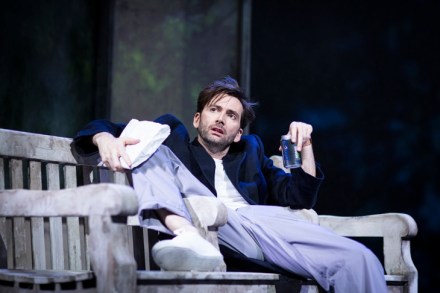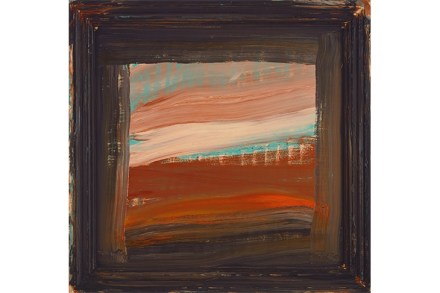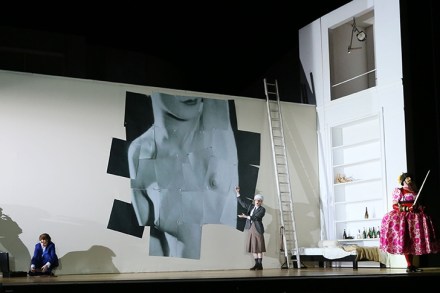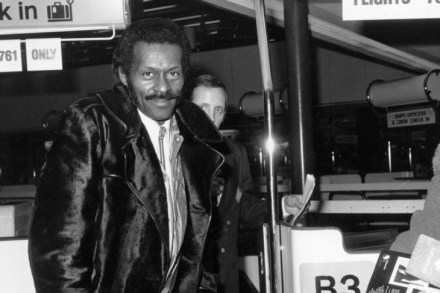Kill the DJ
TheatreDon Juan in Soho rehashes an old Spanish yarn about a sexual glutton ruined by his appetite. Setting the story in modern London puts a strain on today’s play-goer, who tends to regard excessive promiscuity as a disease rather than a glamorous adventure. And the central character, a vulgar aristocrat named DJ who grades everyone






























